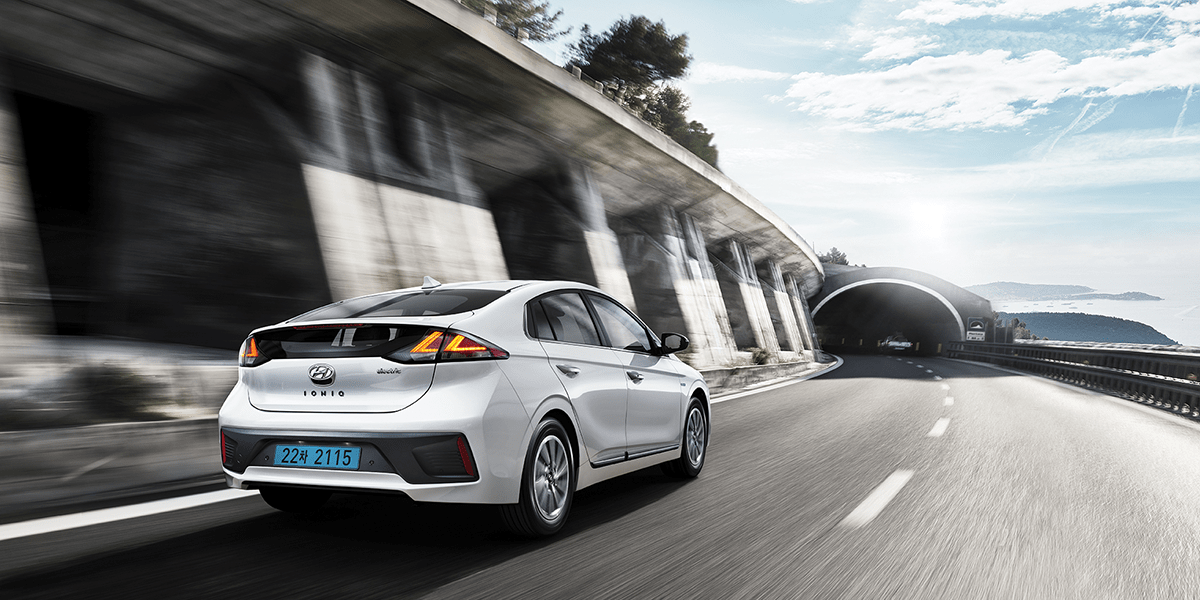South Korea expands electric and H2 stations for cars
The South Korean government has just unveiled a plan to greatly increase the number of battery-electric and hydrogen fuel cell car charging and refuelling stations among other things. This latest push is an attempt to get more people driving zero-emissions cars.
Under the blueprint presented by the Ministry of Trade, Industry and Energy, the country will increase the number of accumulated sales of electric cars and hydrogen fuel cell automobiles to 1.13 million and 200,000, respectively, by 2025.
The government is now tackling charging infrastructure to support the uptake of battery-electric and hydrogen cars (other vehicle types were not mentioned in The Korea Herald report). South Korea now plans to have 500,000 EV charging stations by 2025, which is a steep rise from around 60,000 units installed throughout the nation as of September. Starting in 2022, new buildings will be obligated to have a certain number of charging stations.The number of hydrogen fuelling stations will reach 450 by 2025, jumping from 72 this year according to the new master plan.
To make electric cars more affordable, the country will also make efforts to extend tax deductions on the purchase of such automobiles by 2022 and work closely with private firms to slash the price of major parts. The government will roll out a pilot run of the “battery-less” project, in which buyers can purchase EVs without paying for batteries and instead lease them.
These measures follow on the heels of a number of other subsidies to the electric transport sector in S. Korea this year. In July, we reported that the government had decided to extend electric vehicle subsidies through to 2025.
Taking a look back ten years, to 2010, the S. Korean government launched an ambitious EV deployment plan aiming for one million EVs to be on Korean roads by 2020. This target has still not been met despite strong political support, and according to a study from 2015, the government soon modified the initial plan by reducing the target number of EVs from 1 million to 200,000. Currently, according to The Korea Hearld, the accumulated number of EVs on S. Korean roads reached 120,000 units in September this year, while the number of hydrogen cars came to around 9,500 units.
S. Korea has twice the population density of Germany but with comparable car-ownership rates per capita. Both countries have an electric market share of between 2-4%. Like Germany, South Korea is heavily invested in the automotive industry, and is home to two of the world’s largest battery makers – SK Innovation and HG Chem – as well as the vehicle-making giant Hyundai, with a clear plan to follow electrification with both battery-electric and hydrogen fuel cell vehicles. Hyundai is at the forefront of the emerging industry with heavy-duty hydrogen fuel cell trucks coupled with hydrogen refuelling infrastructure business strategies. Hyundai is also manufacturing zero-emission construction vehicles. South Korea has had battery recycling on the radar fairly early on with a recycling plant due to go online this year.





0 Comments